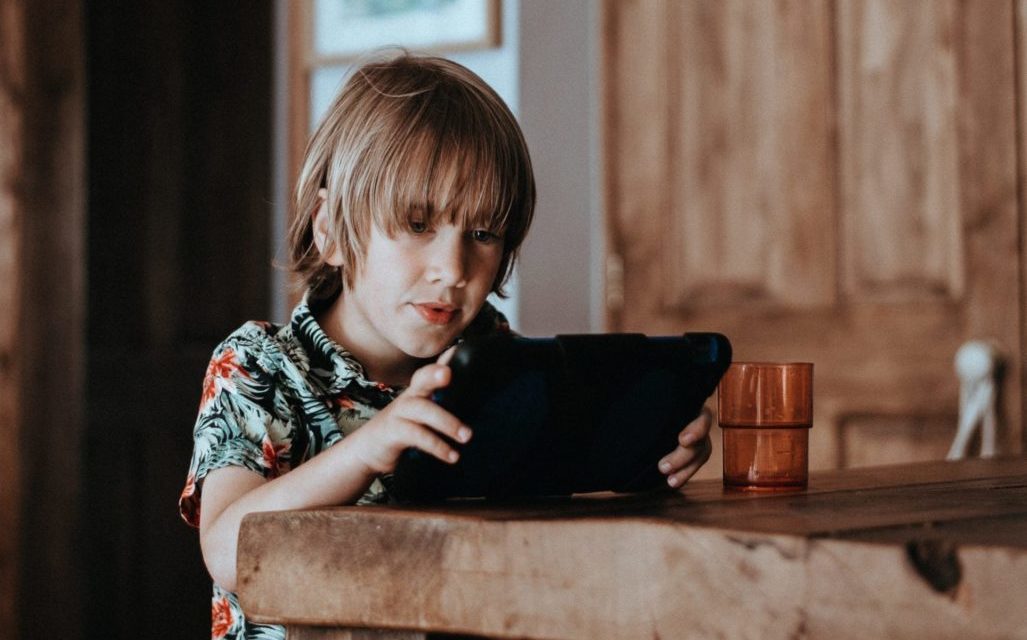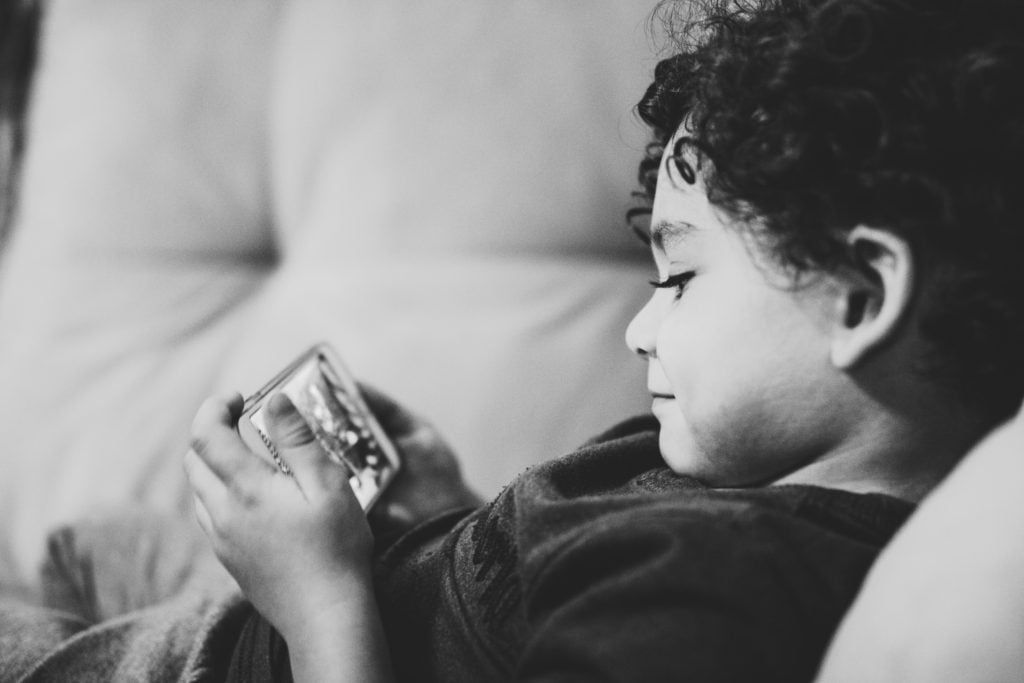Important internet safety tips for parents. You’re told to educate your kids about cyber safety. But what does that mean?
Parents, you’re often told to monitor your kids’ computer use, or you’re told to educate your kids about cyber safety. But what does that mean? What conversations should you be having with your children? Here are 10 tips to get you started:
1. Communication
Open and continual communication with early adolescents and teenagers is important in cyber safety, just as it is with every social issue facing children. Listen to your children and accept that everything you hear will not be to your liking. Your reactions will determine how honest your child feels they can be. You don’t have to approve of everything they say, but they need to feel comfortable saying it.
2. Never Allow Your Kids to Use the Internet in Their Bedroom
This is so important. The internet gives your child access to the world, but it also gives the world access to your child. You wouldn’t let strangers into your child’s bedroom to chat, but that is exactly what you are doing when you let them use the internet privately. Internet use should be in shared family space. Kids are much less likely to explore if you are checking on them. I’m not saying all kids are getting up to mischief when they are on the net in their rooms, but they will certainly be much braver in their exploration.
3. Stranger Danger
Keep explaining that there are people out there who do not have his/her best interests at heart. Early adolescents have a disconnect here. They hear you say that people might be watching them or want to take advantage of them, but deep down they don’t understand it. Unfortunately, they may be more afraid of you or a teacher seeing their images than a pedophile or stalker.
4. Use Mentors
Many young adolescents will be comfortable with you following their Instagram account or friending them on Facebook. However, that may change as they get older. If you follow their account they may decide to simply open another. Perhaps enlist the help of another adult they like and trust to help guide them, perhaps an older sibling, cousin or friend.
5. Understand Social Media
Know what social media sites your child is on and how they work. Use social media yourself. It is the best way to know how it is used, positively and negatively. This may sound like a big ask, but really they are all pretty easy to navigate and quite self-explanatory.
Some of the more popular sites are Instagram, Snapchat, YouTube, Tik Tok (formerly Music.ly), Tellonym, and Facebook. There are also a number of messaging sites that kids use to send photos, film and text. The most popular of these are Snapchat, Messenger, kik, twitter, Skype and Whatsapp.
6. Check Digital Footprints and Privacy Settings Together
Sit with your child and ask them to Google themselves. Together you can talk about the results and what needs to be deleted. It might be worth Googling yourself too.
Ask them to explain how the privacy setting on their various social media sites work. If they can explain it to you it will make you more certain that they understand it themselves.
7. Slow Drip Approach to Discretion on the Net
Talk to your child about thinking very carefully about what they post. This will need to be an on-going conversation. A slow drip approach will show your child how important you take their online activity.
Explain to your children that the Internet is not secure and that ultimately nobody can guarantee that images won’t be accessed, no matter what your privacy settings are. As we’ve learned, even unpublished photos on your device and backed up to the cloud can be hacked.
8. Turn Off Location Services
Ask them to check that Location Services for all sites are turned off. If they are left on it is quite easy to track or locate a user. At school, students will have had a number of demonstrations of what sort of information can be gleaned from social media posts.
9. Don’t Rely on Parental Software
Don’t rely on restrictive parental software. All a child need do is type in ‘workaround’ and the name of the software and they will be able to avoid your software. Communication with your child and making sure they don’t use the Internet in private is a better solution. It requires more parenting but it’s more effective.
10. Keep an Eye on Your Computer History
If necessary, investigate methods to access the browsing history of your home Internet. A quick Google of your router model and how to gain admin access will let you see browsing history, block sites and increase security. Alternatively, you can contact your Internet service provider for help. With a little bit of technical investigation, you can more effectively guide your child’s online activity. Remember, communication about this sort of action with your child is important in building and maintaining trust.
And finally…
When your child is doing the right thing online, tell them so. Compliments go a long way, especially in an area such as this, where children’s behaviour is so often criticised.
Linda would love to meet you on her Facebook page








